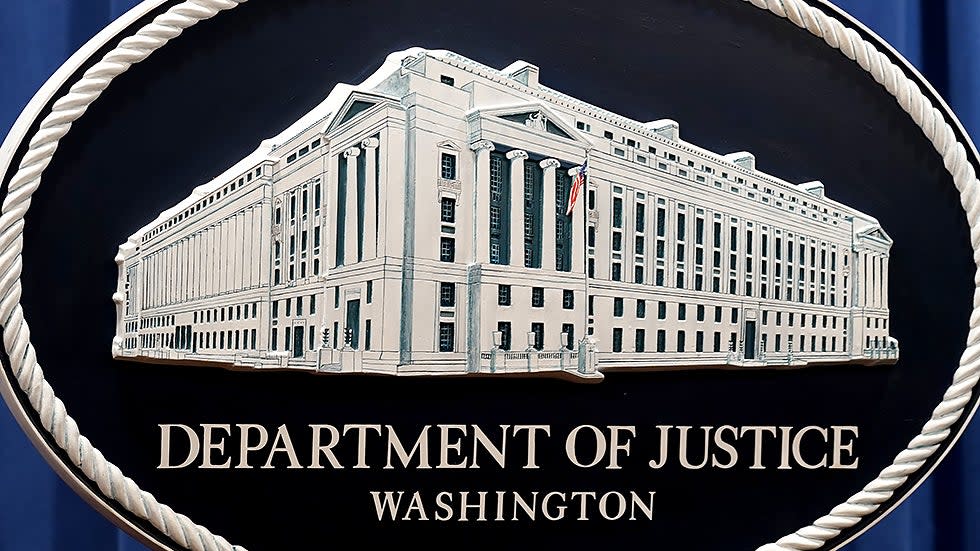Florida man charged with filing false COVID-19 relief claims totaling $4.2M

A 27-year-old Florida man has been charged with fraudulently obtaining more than $2 million in COVID-19 relief loans under the Paycheck Protection Program (PPP), with authorities accusing him of using the money to buy luxury cars, watches and clothing.
According to prosecutors, Valesky Barosy of Fort Lauderdale submitted PPP loan applications for more than $4.2 million, providing documents with falsified prior year-end expenses, net profit, payroll and IRS tax forms.
Barosy and his accomplices ended up receiving about half of what they applied for and spent the money on a Lamborghini Huracan EVO, watches from Rolex and Hublot, and designer clothing from Louis Vuitton and Gucci.
Barosy faces five counts of wire fraud, three counts of money laundering and one count of aggravated identity theft. If convicted, Barosy faces up to 132 years in prison.
Since the PPP was established during the pandemic, a multitude of individuals across the U.S. have been charged with fraudulently obtaining loans and spending the money on lavish items.
In May, Mustafa Qadiri of California was charged with fraudulently obtaining $5 million in PPP loans. According to authorities, Qadiri spent the money on luxury cars such as Lamborghinis as well as vacations.
Rapper and reality star Maurice Fayne was sentenced to more than 17 years in prison last year for his involvement in PPP loan fraud. Prosecutors said Fayne used the funds for child support, for custom jewelry and to start a new business.
In May, Attorney General Merrick Garland launched the COVID-19 Fraud Enforcement Task Force to work against coronavirus-related fraud. Just a few months ago, the House Select Subcommittee on the Coronavirus Crisis expanded its own investigation into PPP fraud.
"I am deeply troubled by reports alleging that financial technology (FinTech) lenders and their bank partners failed to adequately screen PPP loan applications for fraud," Rep. James Clyburn (D-S.C.), who chairs the panel, said at the time. "This failure may have led to millions of dollars worth of FinTech-facilitated PPP loans being made to fraudulent, non-existent, or otherwise ineligible businesses."

